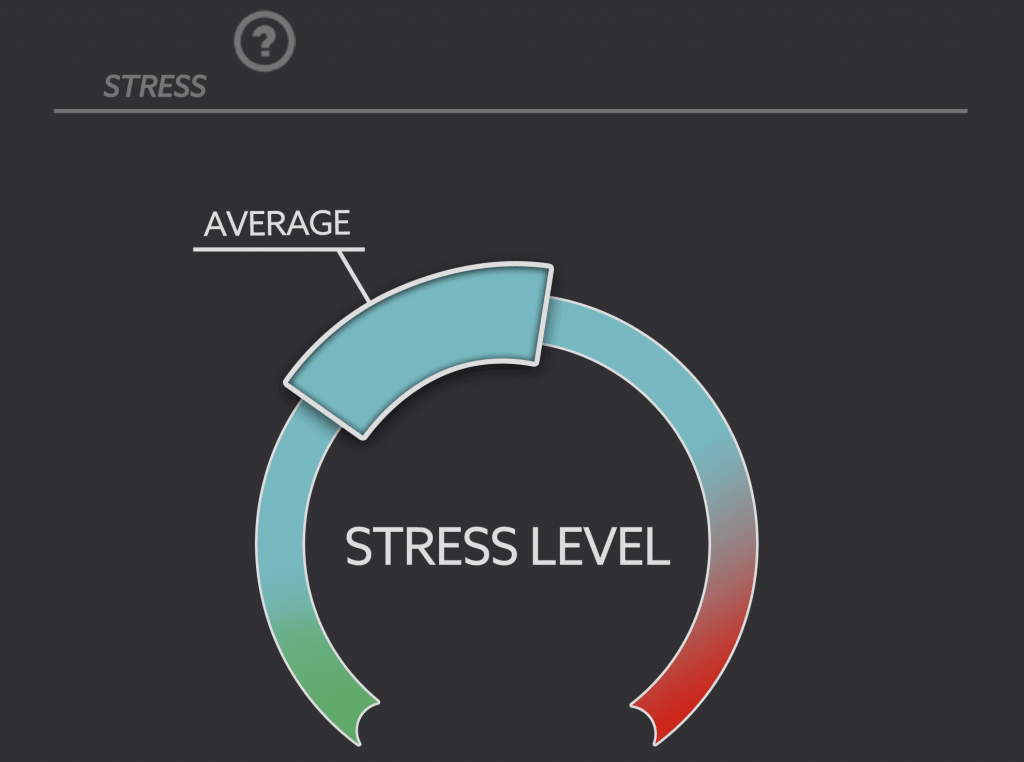-15 % sur votre première commande
rentrez votre email pour recevoir le code


Le paiement x10 disponible sur la boutique ! Commandez votre airbag SAFEFIT pour 50€/mois
mardi, 30 mai, 2017
In the wild, horses live in herds and spend their days grazing and monitoring their environment for potential predators to flee from. The lifestyle that we now impose upon them is often very different from that of their natural environment.

By interacting with horses and modifying their habits, we are confronting them to several stressful elements. This stress can impact their health and wellbeing but also their sports performance.
Let’s take a closer look at this evil that is an integral part of our horses’ lives.
Whether acute, occasional, or chronic; stress is a situation of psychological and behavioral tension for horses, created by a new or threatening environment. It is a reactive state that mainly affects nervous, endocrine as well as immune systems, and negatively influences horses’ wellbeing.
In their natural state, when horses are stressed, the heartbeats increase, the blood pressure rises, the blood flow is stimulated, the brains work faster, the hearing and sight are on alert… The whole body is in flight mode. In captivity, it is impossible for them to run away, and so their metabolism will react by secreting cortisol (a stress hormone) more significantly. The state of stress is generated by the central nervous system that works in tandem with the adrenal glands to produce a hormone cascade.

In the case of occasional stress, the cortisol levels will rather quickly go back to normal. However, for an intense stress that lasts and may become chronic, there will be more serious consequences, linked to the release of corticosteroids, on the horse’s wellbeing and performances.
Stress affects the overall health of your horse by causing physiological and/or behavioral disturbances such as:
• Lack of concentration during work
• Muscle contractions
• Excessive sweating
• Exercise intolerance
• A loss of appetite
• A weakening of the immune system, making the horse more susceptible to diseases
Whatever its origin, stress modifies the horse’s digestive functions. Indeed, an excessive release of cortisol will disrupt the horse’s digestive transit through a decrease of digestive enzymes that leads to a proliferation of pathogenic bacteria. This can lead to diarrhea, dehydration, and electrolyte imbalances that favors the development of colic.
By regularly measuring your horse’s stress level while training, Seaver gives you the opportunity to identify the particularly stressful moments and situations for your horse, and thus anticipate these disruptions. In our case, the stress level is measured from the variations in the heart and respiratory rates of the horse, and is symbolized in the application by a gauge divided into several color segments representing a low (green), normal (blue) or high (red) level of stress. The part emphasized on the gauge represents your horse’s average for the training session. The more it will be towards the green, the less your horse will have been stressed during the session, and vice versa.

Because horses’ workload is directly related to their stress level, sports horses will be particularly prone to stress. Proper training and adapted exercises to your horse’s workload will help prevent and fight stress. An adequate training schedule will not only help develop your horse’s fitness and help prevent overtraining-related injuries, but also ensure you do not inadvertently ask too much of your horse, which could cause chronic stress.
See you soon for another article,
The Seaver team
(1) Dr Yves Bertrand, Stress et bien-être chez le cheval. February 2007.
(2) Marie Peeters, Evaluation du niveau de stress du cheval en compétition et en milieu hospitalier : Mesures comportementales, physiologiques et appréciation du tempérament. 2012.